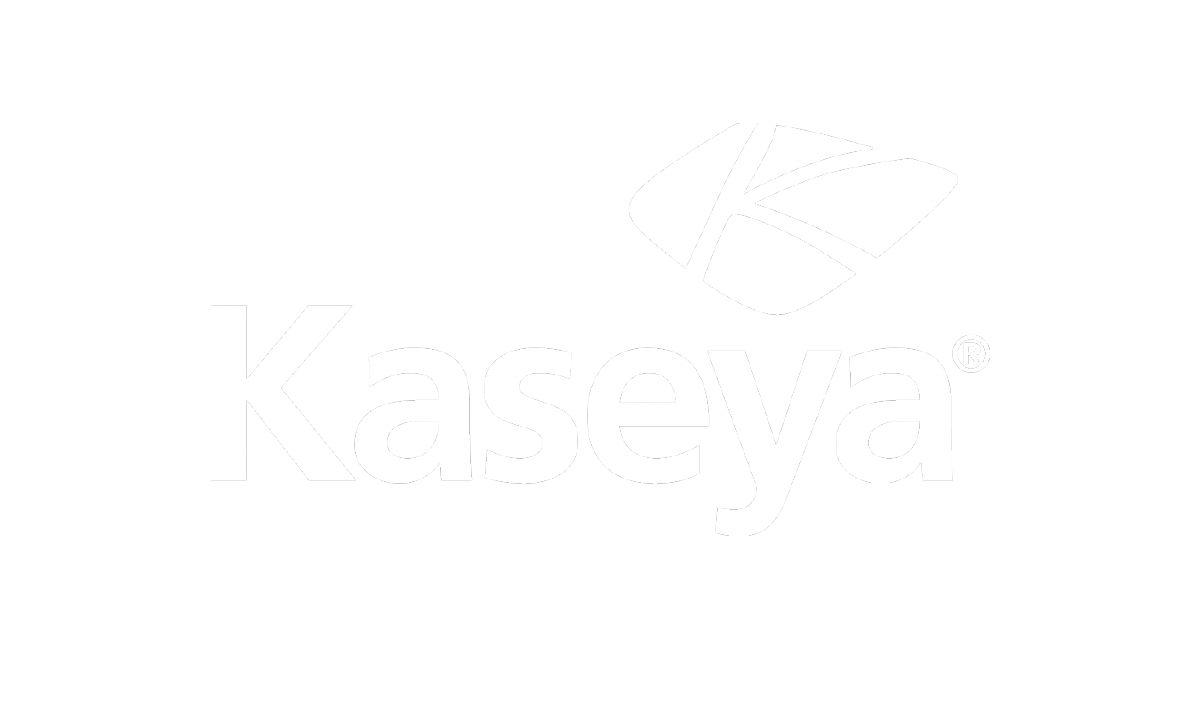7 Ways a Great Company Culture is Important to Your Employees and Your Bottom Line

Everyone wants to work in a company with great culture, but what does that actually do for an MSP's performance and ROI?
Over the last 20 years, more and more has been said about company culture and what needs to be done to instate it. Today, everybody wants to work in a company with a great workplace culture, but what does that mean for an MSP like yours? Can you write off company culture as something that’s simply nice to have, or should you be paying more attention to creating a culture of success?
Key Takeaways:
- What is company culture?
- 7 Reasons why company culture is important
- Documenting and assessing your company culture
Many components go into creating a great office culture, but the concept itself is greater than the sum of its parts.
What is company culture?
Culture is a little bit hard to sum up in a way that everybody finds completely satisfying, but it can be simply defined as the environment that an organization creates for its employees.
As you can imagine, this takes into account a range of things like company leadership, traditions, values, beliefs, basic assumptions, behaviors, and attitudes that add to the relational and emotional environment of the workplace.
The culture of your MSP should be woven into everything and documented, from how customers are received at the door to what the CEO does on a day-to-day basis.
7 reasons company culture is important for your MSP’s success
Culture is the current HR buzzword, and for good reason. Most successful companies have a very strong culture that informs their processes and decisions. In fact, 63% of employees believe a company’s culture directly impacts the success of the organization, while 72% believe it influences their ability to serve customers.
Here are seven reasons why you should take the culture of your MSP seriously:
1. Company culture defines your internal and external identityYour company culture defines the way your MSP does business, the way it interacts with customers, and the way employees interact with each other.
Anybody can sit and write five things they say are important to their business, and they can give reasons why. But only by observing or experiencing your workplace culture can someone tell if you really mean it.
Think about it, you may go on and on about how your business loves Zoom meetings because your culture dictates “technology first,” but if documentation at the level of the desk manager still happens with pen and paper instead of a flexible documenting solution then nobody is going to believe what you say.
Your culture defines your external and internal identity because it cuts across all aspects of your business, from the way you do business to the way you treat employees and customers.
2. Workplace culture is about living your stated valuesThere is no better way to know whether your company is living up to your stated core values or contradicting them — and coming across as a joke to your employees and customers — than observing your company culture.
Your culture is a reflection (or cold betrayal) of all your values and ideas about how a business should be run. It is an active, all-encompassing force that animates your business ideology or its opposite.
Thus, you can understand the major, lasting benefit of having a workplace culture documented and in place, since it rolls up all that you are and places it front and center.
3. Your company culture can turn employees into company advocates (or critics)Your employees don’t want to reduce their lives to just a paycheck and juicy benefits. They want to believe they are part of something that matters more. Your best chance of giving them that is through the culture your company lives and promotes.
Once your employees agree with your workplace culture and find meaning and achievement through the values it represents, they become your biggest advocates.
One way to make this happen is to set benchmarks and gamify the culture at the office. Measure how well employees are living the culture by observing those who hit established benchmarks. Reward those who do well so there is a sense of achievement that incentivizes the whole process.
A company culture that fails to do this will mostly invite criticism.
4. Companies with strong organizational culture retain the best talentPeople thrive when they know that they are valued members of a community instead of simply a cog in a system, and an increasing number of job seekers are looking for that in the companies that they apply to work at.
Nothing fulfills this desire to be part of something bigger and more meaningful than a great workplace culture that consistently delivers a unique employee experience and builds connections.
That’s why it’s so important to hire for cultural fit. Top performers who find a home in your cultural setup are less likely to leave.
5. A functioning document culture can help with onboardingA great documentation culture goes a long way to making onboarding less stressful for new hires and when the business is switching to new tech.
For example, documenting your values and processes quickly highlights areas new hires might struggle down the road. This gives you the chance to make accommodations to help them adapt better.
6. Culture forges team spiritA business with a great culture is able to bring people together and into alignment. Even employees with differing views would all have the same common goal and intention. In the same way, there would be clear expectations concerning behavior. All these make it easy for co-workers to work together as a coherent unit, leading to improved efficiency.
On the other hand, a poor work culture does the opposite, burning bridges and ultimately leading to failure of the business.
7. Culture affects performance and employee moraleThe impact of company culture on employee performance and well-being has been documented. The fact is that companies with the best cultures find a way to cater to both the health of their employees and the health of the business, knowing that both have an impact on each other.
A balance is needed here: A business that stresses profit and performance in utter disregard to employee health will leave employees constantly wondering whether they are in the right place, whether they are truly valued, and where the next opportunity to work elsewhere can be found so they can leave.
Documenting and assessing company culture
Your culture is never established until it is documented. Documentation is not only a key part of transmitting the values and expectations of a company; it is also a crucial part of measuring how well your employees are living up to the guidelines enshrined in your culture.
With a proper documentation culture in place, you can ask:
- How defined and definite is the company culture?
- How well do the people understand the company culture?
- How consistently do the people meet the expectations of the company culture?
Crewhu can help
Crewhu is the only employee recognition and customer satisfaction platform built for MSPs. Our goal is to empower MSPs with the tools they need to establish and implement a company culture of recognition and collaboration that keeps your teams motivated and delights customers. Book a demo to learn more.






